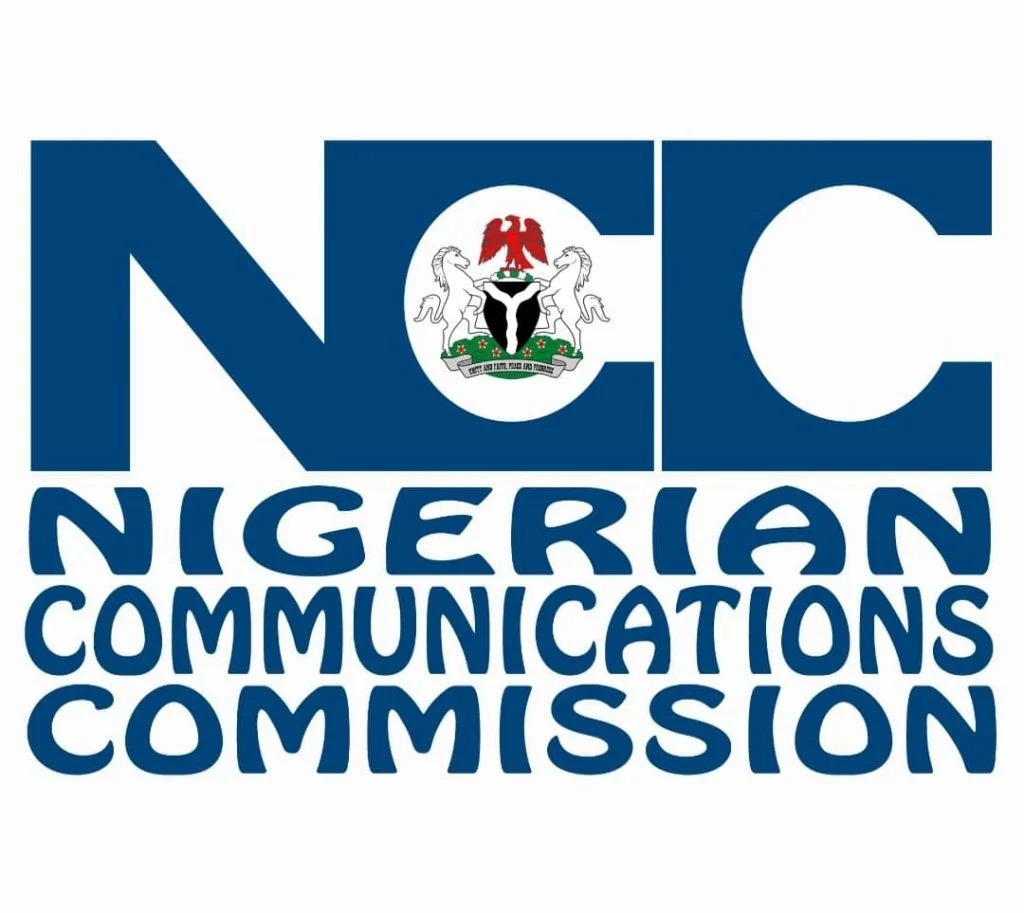Nigeria experienced significant growth in internet consumption in 2024, with a substantial year-on-year increase and a noticeable month-on-month uptick. Total internet consumption reached a staggering 973,455 terabytes in December 2024, representing a 36.5% surge compared to the 713,200 terabytes consumed in December 2023. This translates to approximately 998.79 million gigabytes, underscoring the growing reliance on internet services across the country. Furthermore, internet usage demonstrated a 10.75% increase from November to December 2024, indicating a consistent upward trend in demand for online connectivity. This surge in internet consumption reflects several factors, including increased access to affordable smartphones, the expanding availability of data bundles, and the growing popularity of online services ranging from social media and entertainment to e-commerce and online education. The growth also signifies a shift in how Nigerians consume information, conduct business, and engage with each other, highlighting the internet’s transformative role in the country’s digital landscape.
The rise in internet consumption aligns with the growth in internet subscriptions, although the latter witnessed a more modest increase. Internet subscriptions climbed to 139.28 million in December 2024, up from 136.54 million in November 2024. This growth, while positive, underscores the existing gap in internet penetration across the country. Despite the significant progress in expanding internet access, a considerable portion of the population remains unconnected. This digital divide presents both a challenge and an opportunity. Bridging this divide requires concerted efforts from stakeholders, including government, telecommunications companies, and private investors, to expand infrastructure, reduce the cost of access, and promote digital literacy. Addressing this gap can unlock significant economic and social benefits, empowering more Nigerians to participate in the digital economy and access vital information and services.
Despite the positive growth in internet usage and subscriptions, Nigeria’s broadband penetration remained below target by the end of 2024. Broadband penetration reached 44.43%, falling short of the ambitious 70% target set by the National Broadband Plan (2020-2025). This shortfall highlights the challenges in achieving widespread broadband access, including infrastructure limitations, high deployment costs, and regulatory hurdles. The expiration of the National Broadband Plan in 2025 necessitates a renewed focus on strategies to accelerate broadband penetration. This may involve revisiting existing policies, incentivizing private sector investment in infrastructure development, and exploring innovative approaches to last-mile connectivity. Achieving the broadband penetration target is crucial for realizing the full potential of the digital economy and fostering inclusive growth.
While internet consumption surged, the overall number of active telecommunications subscribers witnessed a decline in 2024. The country ended the year with 164.9 million active subscribers, a significant drop from the 224.7 million recorded a year earlier. This decrease can be attributed to several factors, including the impact of the regulatory policy requiring the linkage of Subscriber Identification Modules (SIM cards) with National Identification Numbers (NINs), which led to the deactivation of unregistered SIM cards. Economic challenges and fluctuations in market dynamics could also have contributed to the decline. Understanding the reasons behind this decline is crucial for devising strategies to stabilize and revitalize the telecommunications sector.
Within the telecommunications market, MTN Nigeria solidified its dominant position, expanding its market share to 51% by December 2024. The company’s subscriber base grew to 84.6 million, up from 81.2 million in November. Airtel Nigeria also experienced growth, with its customer base increasing to 56.6 million from 55.4 million. Globacom, which faced regulatory challenges earlier in the year, managed to recover some ground, adding 500,000 subscribers to reach 20.1 million. 9mobile maintained its market share at 1.99%, closing the year with 3.2 million subscribers. The dynamics within the telecommunications market reflect the competitive landscape and the varying strategies employed by different operators to attract and retain customers.
The evolving landscape of Nigeria’s digital ecosystem presents both opportunities and challenges. The significant growth in internet consumption underscores the potential for digital transformation and economic growth. However, addressing challenges such as the digital divide, achieving broadband penetration targets, and navigating regulatory complexities is crucial for realizing this potential. Continued investment in infrastructure, innovative policy interventions, and collaborative efforts among stakeholders are essential for fostering a thriving digital economy that benefits all Nigerians. The copyright notice included in the original text underscores the importance of respecting intellectual property rights in the digital age. As digital content becomes increasingly prevalent, adherence to copyright laws is crucial for protecting creators and fostering a sustainable environment for content creation and dissemination.


